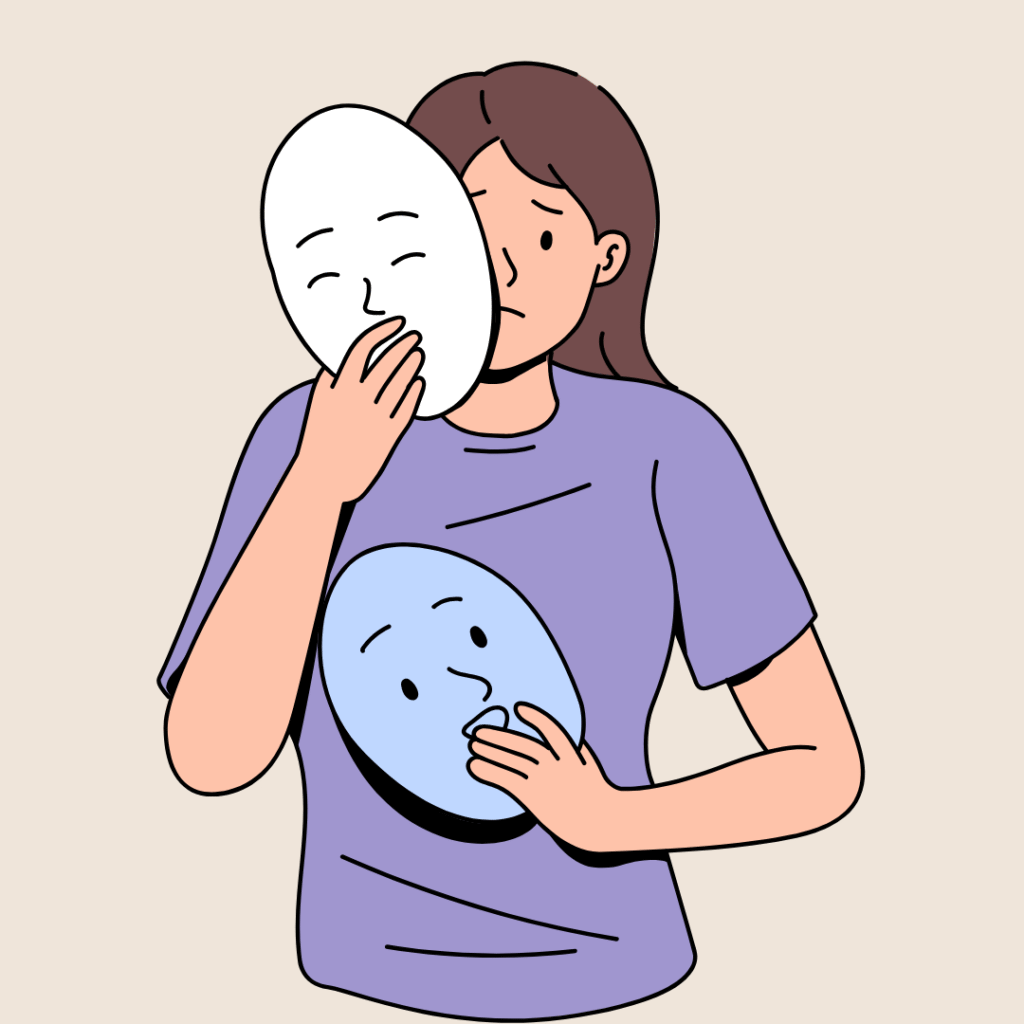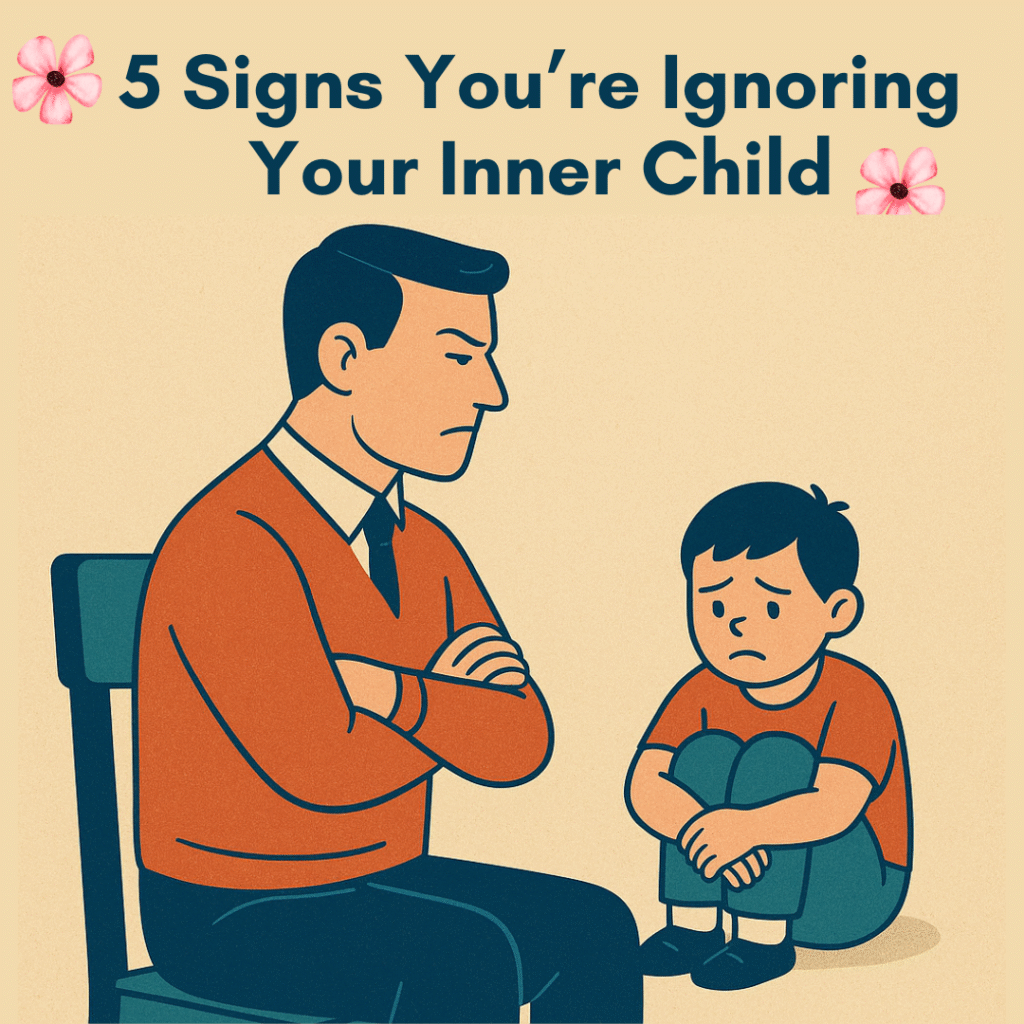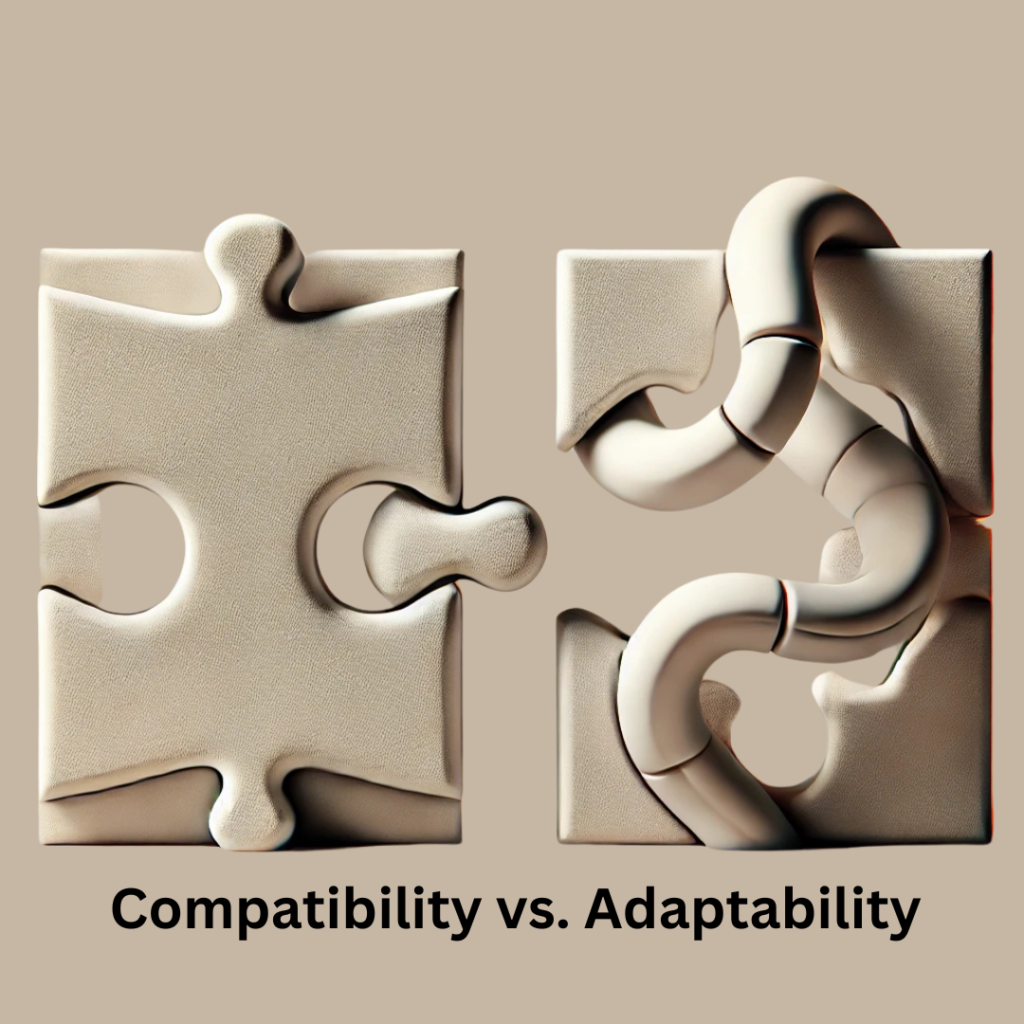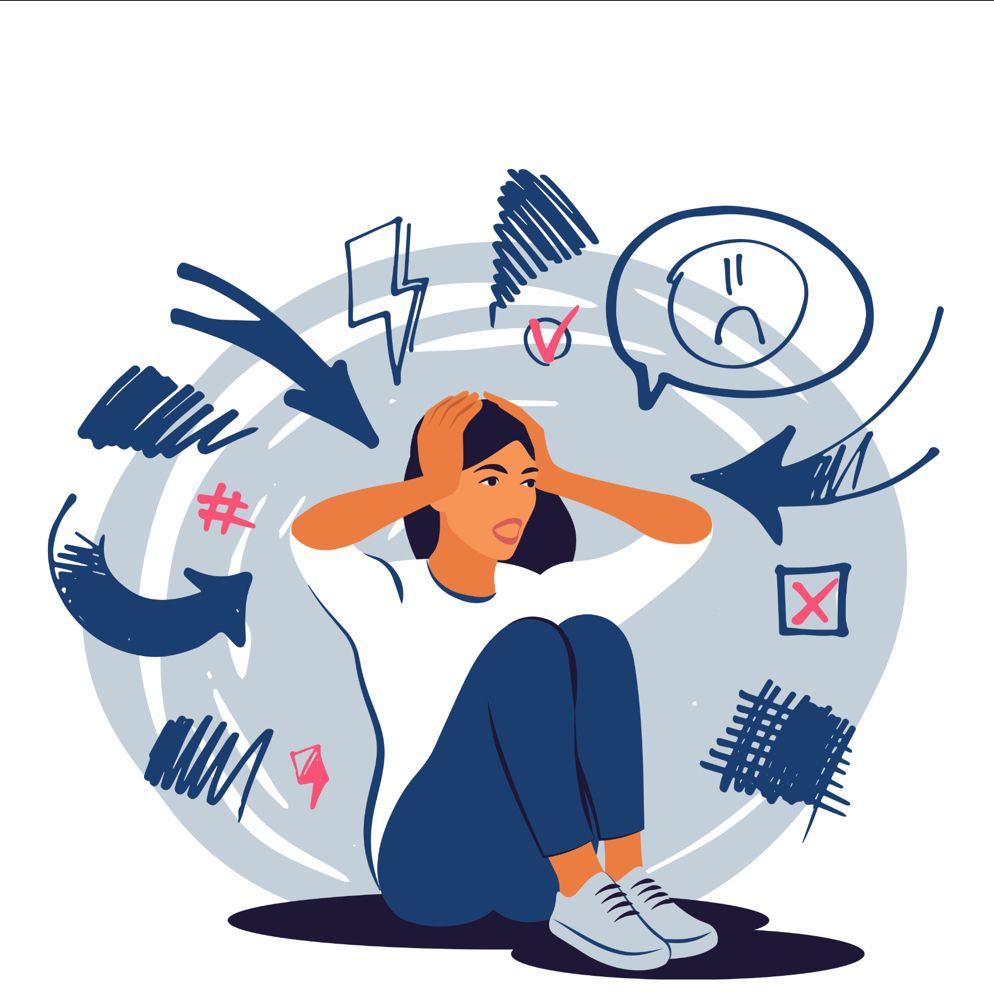Couples Therapy
Signs You Need Relationship Counselling: When Love Needs a Safe Space Most couples don’t seek counselling when things are “bad”—they seek it when communication has started to break down, when connection feels strained, and when love feels more like effort than ease. The truth is, needing help doesn’t mean your relationship is broken. In fact, the willingness to seek support is often a sign of strength, not weakness. Think of relationship counselling not as a last resort, but as a space to understand, heal, and grow—individually and together. So how do you know it’s time to consider relationship counselling or mediation? Here are some signs that your relationship may benefit from a therapeutic check-in. 1. You’re having the same argument on repeat Do you find yourselves locked in the same conflict, again and again, just with different words or situations? Recurring arguments are often a sign of deeper emotional needs going unheard or unmet. Counselling helps uncover what’s really being communicated beneath the surface of these patterns. 2. Communication feels like walking on eggshells If you or your partner hesitate to speak your truth for fear of triggering a fight, disappointment, or withdrawal, it signals a breakdown in emotional safety. Therapy can help both partners learn how to listen without defence and speak without blame. 3. Emotional or physical intimacy is fading Every relationship goes through seasons, but when physical or emotional closeness starts to feel like a memory rather than a reality, it can leave both partners feeling isolated and misunderstood. Counselling helps reconnect couples through honest vulnerability and intentional effort. 4. You’re growing, but not together As individuals, we evolve. But if that growth starts pulling you in different directions—emotionally, mentally, or spiritually—it can cause unspoken distance. Therapy provides a neutral space to explore whether your growth paths can intertwine again. 5. Trust feels fragile or broken Whether due to infidelity, dishonesty, or emotional distance, a crack in trust can destabilize even the most loving bond. With the right guidance, trust can be rebuilt—but it requires honesty, accountability, and time, all of which can be supported in a therapeutic setting. 6. One (or both) of you feels unseen or unheard You might be talking every day, yet feel lonelier than ever. Feeling emotionally invisible in a relationship can erode the foundation of connection. Counselling helps reestablish emotional attunement—the ability to deeply understand and respond to each other’s inner world. 7. You’re staying “for the kids” or “because of history” When staying together becomes more about duty than desire, it’s a clear invitation to pause and reflect. Therapy can help couples explore what’s still possible, what needs to be reimagined, and whether staying together is serving both people’s well-being—or just maintaining the status quo. 8. You want to break old patterns and build healthier ones Even if you’re not in crisis, counselling is a powerful tool for proactive growth. It gives couples the tools to communicate better, fight fair, support each other’s needs, and strengthen the emotional resilience of their bond. Relationship counselling isn’t about blame—it’s about clarity Too often, couples fear that therapy will “point fingers” or assign fault. In truth, a good therapist acts as a bridge, not a judge. The goal is not to decide who’s right, but to discover what’s not working—and to co-create a path forward that honours both individuals. You deserve a relationship where both people feel safe, seen, and supported Sometimes, we all need a little help remembering how to speak each other’s language. If your relationship is struggling, stuck, or simply needs a reset, relationship counselling can be the space where healing begins. Whether you’re trying to repair, reconnect, or make decisions about the future, support is available—and you don’t have to navigate it alone. If you’re considering relationship counselling, you’ve already taken the first brave step: acknowledging there’s something worth tending to. Let therapy be the space where your relationship finds its way back to itself. Prince DhawanRelationship Counsellor | Childhood Trauma Therapist | Grief Specialist Follow us on Instagram: @everyday_psychologist










